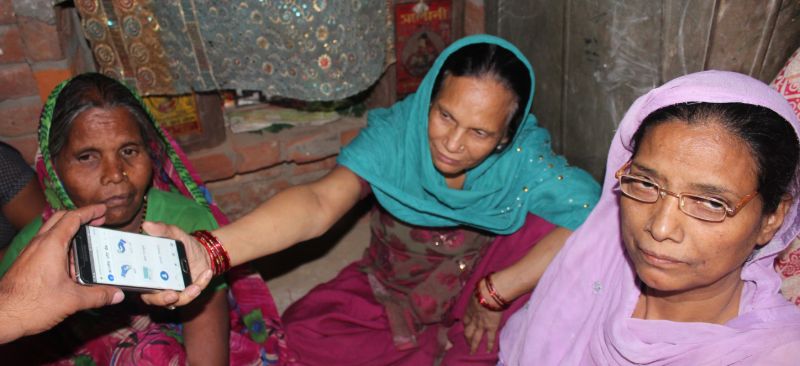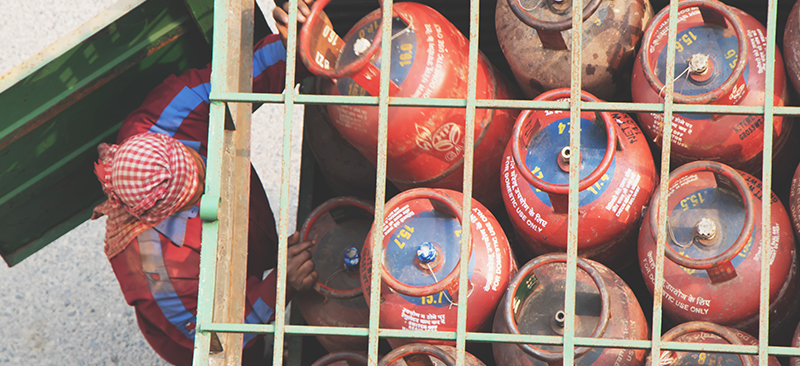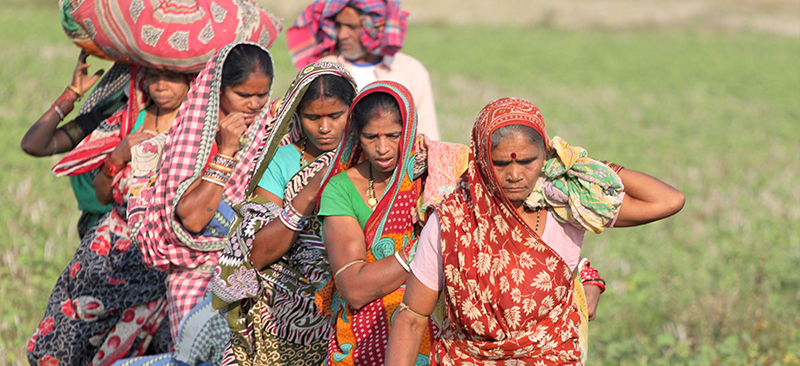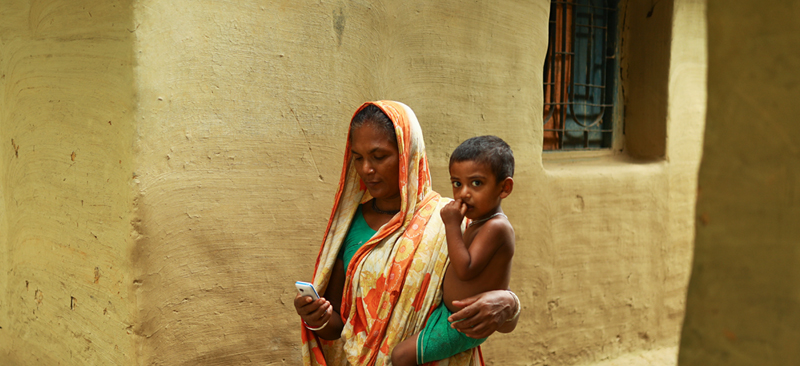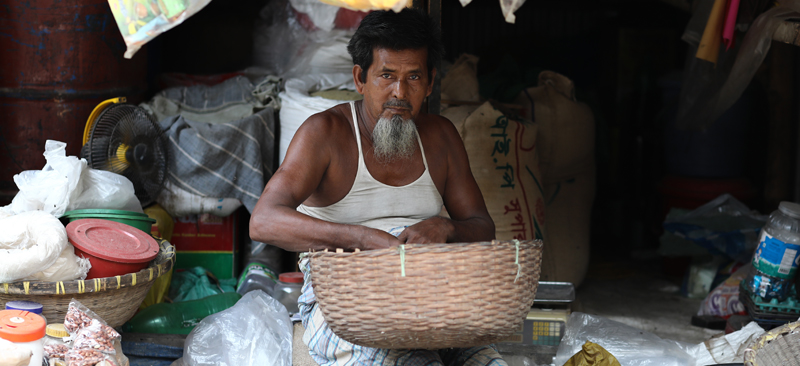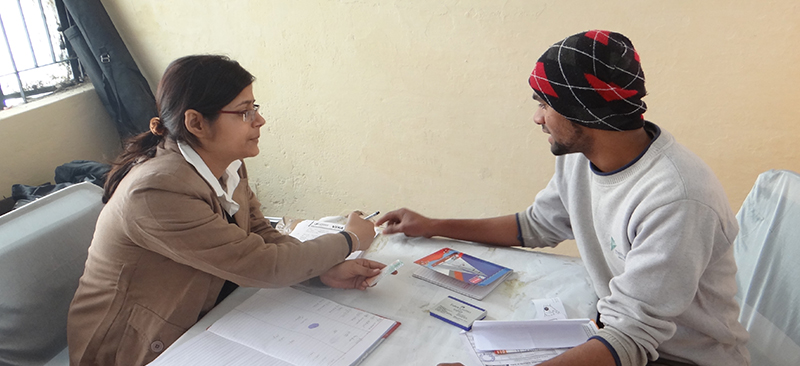South Asia’s Digital Opportunity: Accelerating Growth, Transforming Lives
The report presents both the opportunities of and the bottlenecks for furthering the digitization of South Asia’s economies. It emphasizes the importance of integrating digital ID, payments, and data sharing systems into “digital stacks,” as well as fostering digital businesses and skills. Within this broader framework, the report discusses the experiences of regional governments with digital g2p payments.


